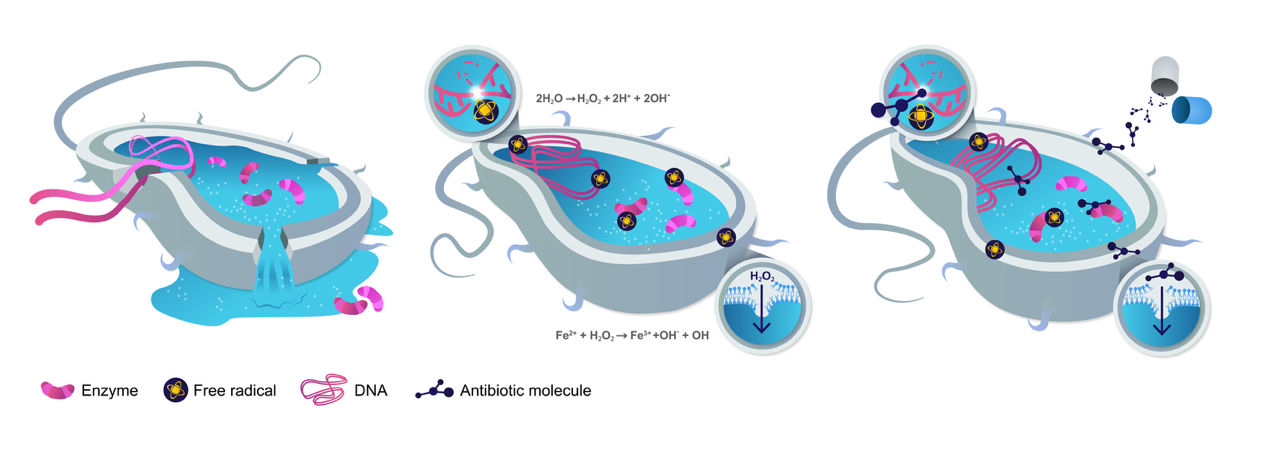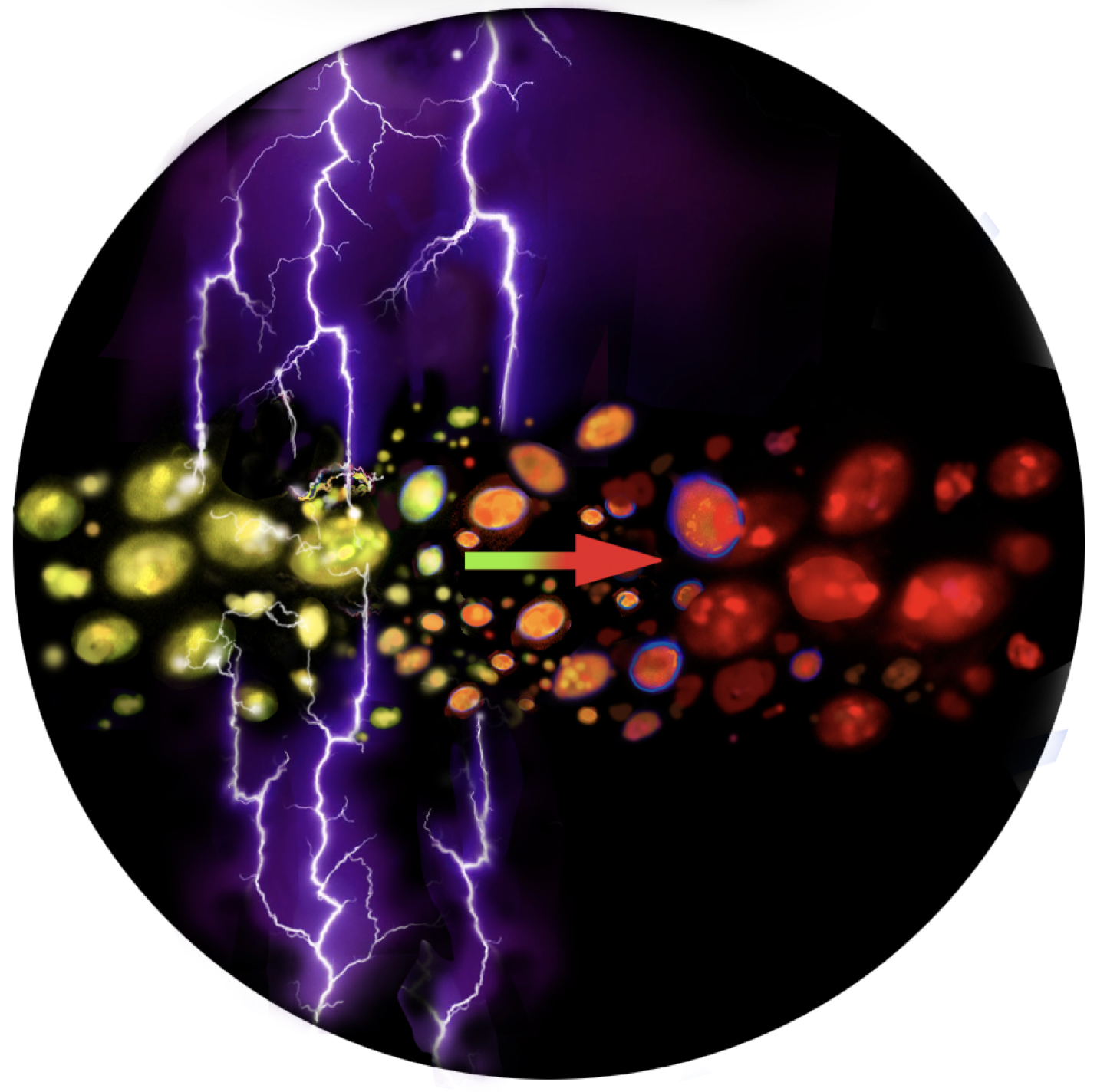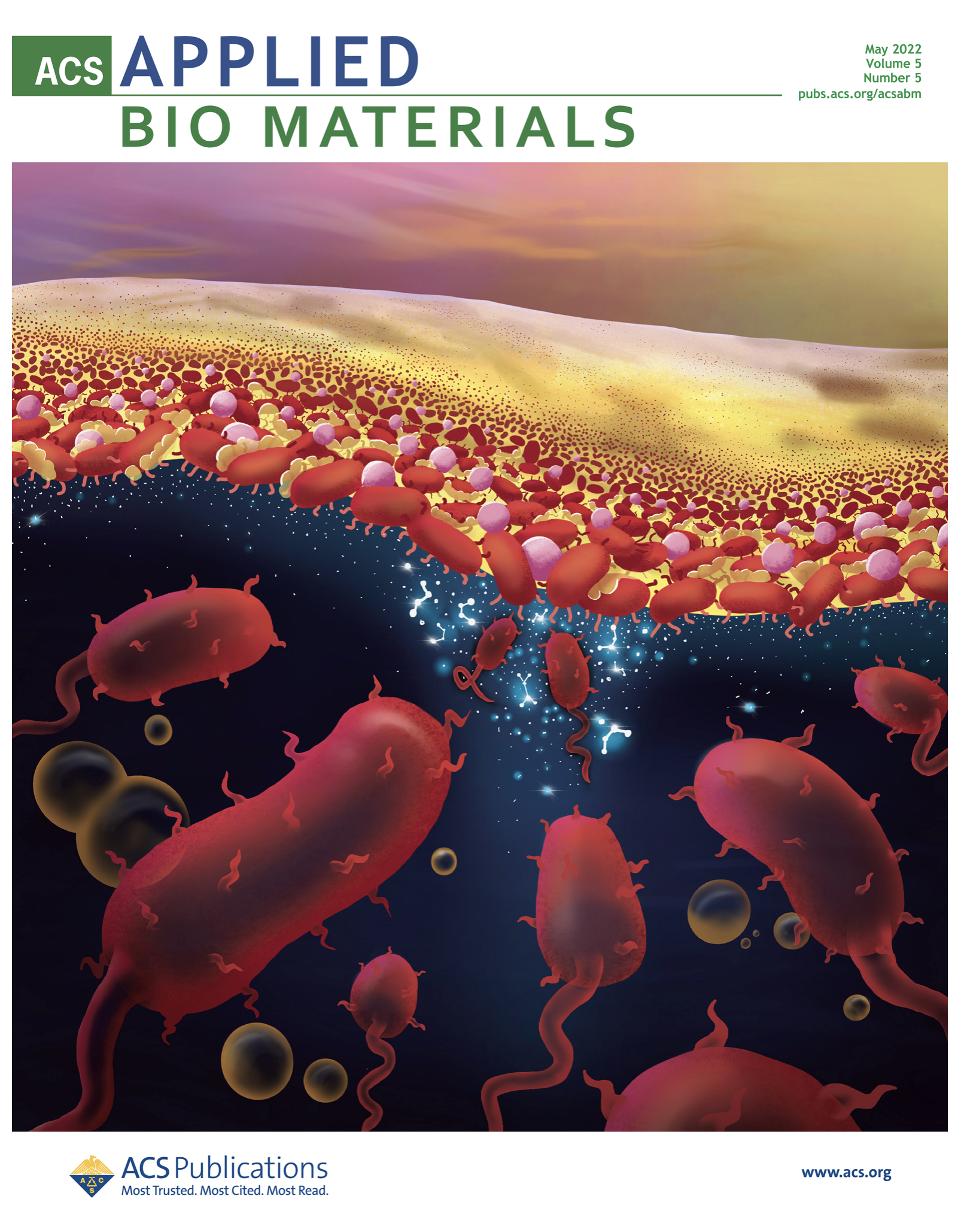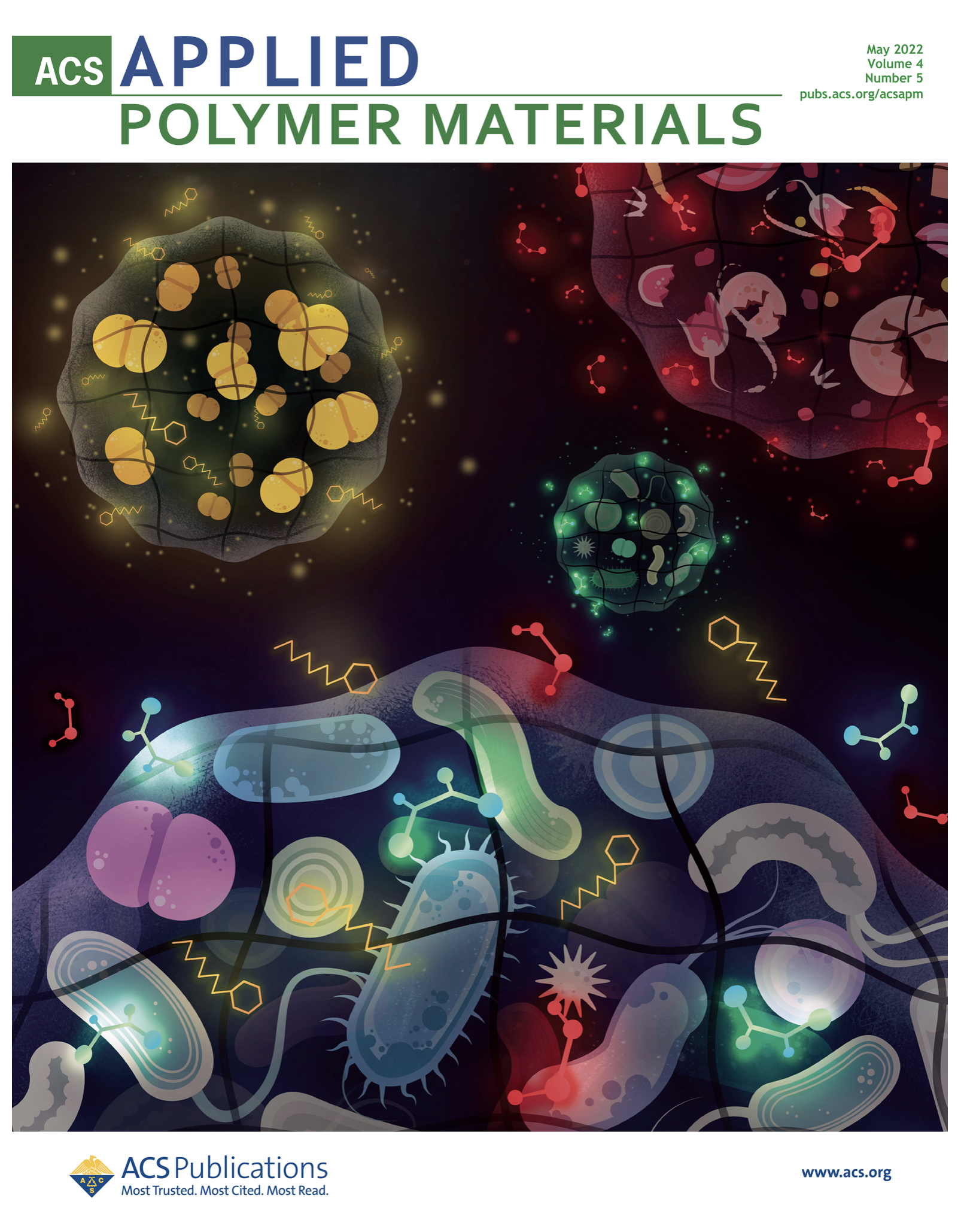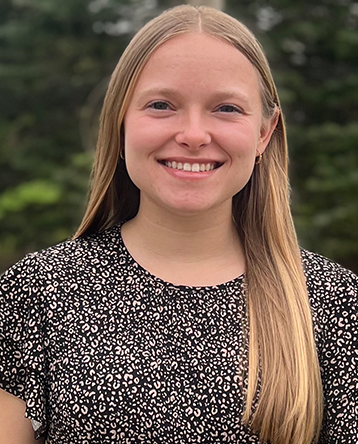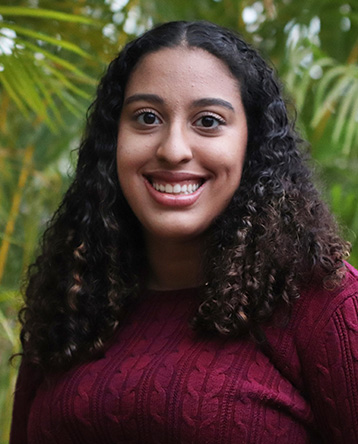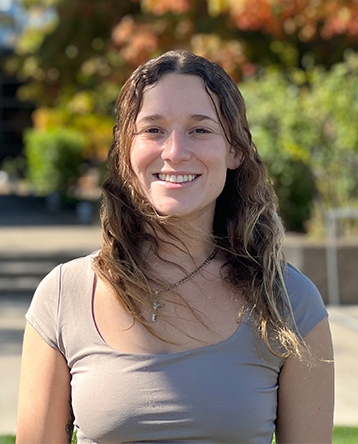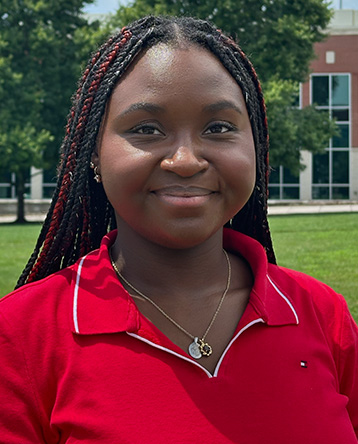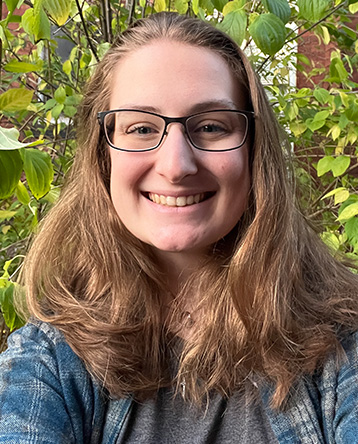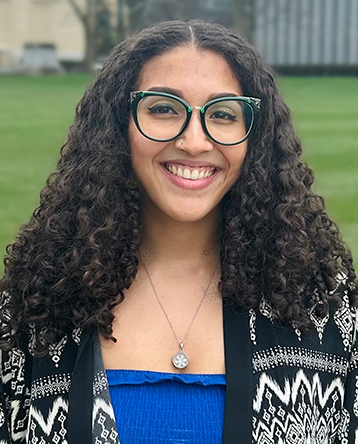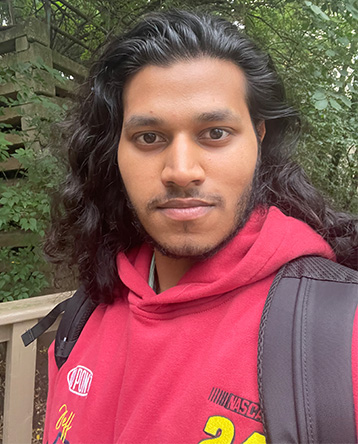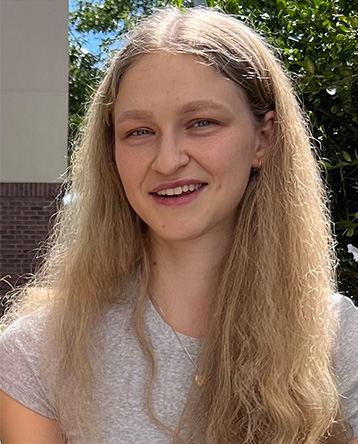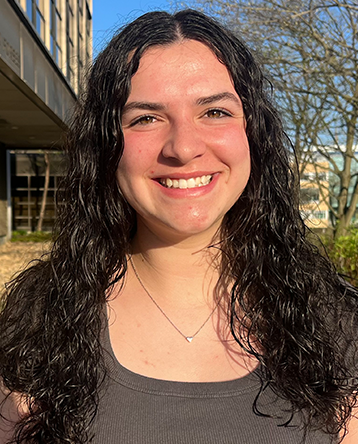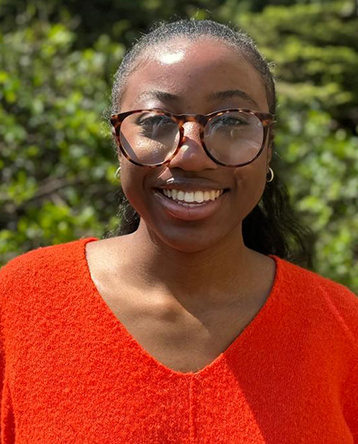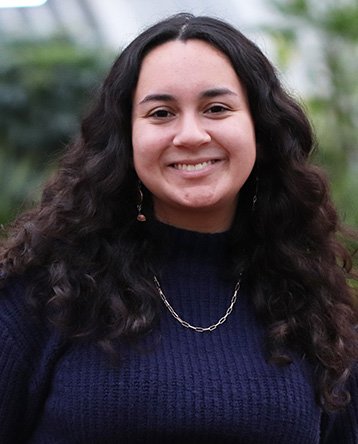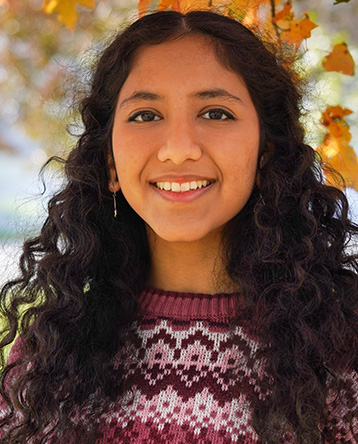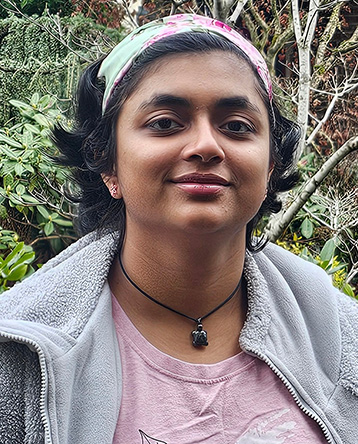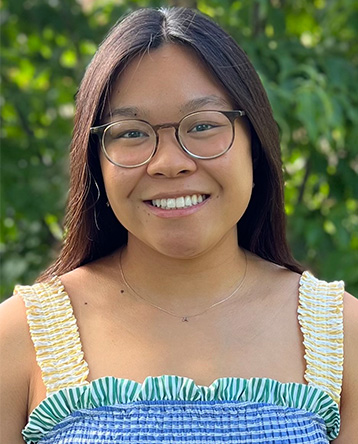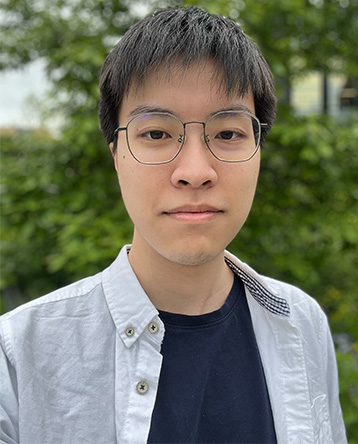Bacterial infection of medical and environmental surfaces is a common phenomenon encountered in various settings. On solid surfaces, for instance, a cell has to overcome physical forces or surface charges to colonize and develop into mature films. The secretion of the exopolysaccharide (EPS) matrix becomes essential to protect the embedded cells from "adverse" environments and to control the exchange of nutrients and genetic materials. Within the biofilm, bacteria become about 1000 times more tolerant to antibiotics than their planktonic counterparts. Moreover, the presence of a sub-population of slow-growing or dormant cells (known as persister cells), which are highly resistant to antibiotics, render biofilms difficult to eradicate. Under more favorable conditions, the persisters can "wake up" and repopulate the biofilms then disperse, colonizing new areas and causing chronic infection.
Unfortunately, the physiological responses of cells to environmental stress, which contributes to bacteria adopting distinctive community behaviors, are poorly understood. The goal of this research is to understand how microbial dynamics in confined environments are affected by physico-chemical stresses, such as antibiotics, electrochemical current, and osmotic pressure. Thus, bacterial cells confined in well-defined nanocultures (2-5 nL) are subjected to external stress to examine phenotypic variation associated with cell-cell communication and persister and microcolony formation. The findings of this study may contribute to the design of novel detection and control techniques for bacterial colonization and for the testing of novel antimicrobials. Such applications are significant for the food and pharmaceutical industries through the encapsulation of microorganisms in microemulsions.
Cover art: ACS Appl. Polym. Mater. 2022, 4, 5, 2999–3012



